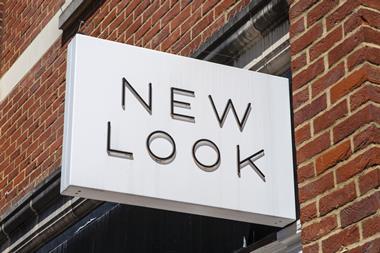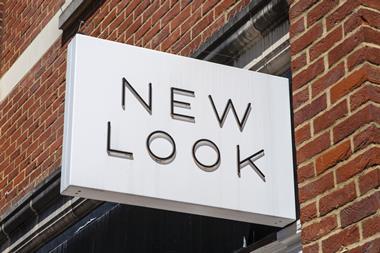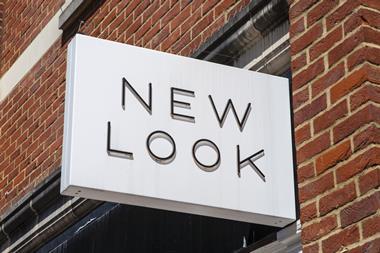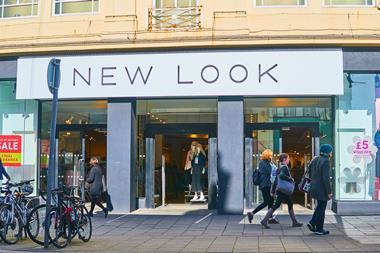New Look has struck a debt-for-equity deal with a group of key stakeholders in a bid to shore up its balance sheet.
The embattled fashion business has penned an agreement “in principle” that will slash its debt pile from £1.35bn to £350m.
It will also raise £150m in fresh working capital through the issuance of new bonds.
New Look said the move will provide it with “significant financial flexibility to restore long-term profitability”.
The retailer said the £150m of new bonds would initially free up £80m of interim funding, which will pay transaction costs and “support the development of the business”.
It added that annual interest payments would benefit from a “significant reduction” from £80m to around £40m.
The transaction is expected to complete between April and June this year.
‘Financial flexibility’
New Look executive chairman Alistair McGeorge said the deal marked “a critical step” in its turnaround bid by giving the business “the financial flexibility to better attack our future”.
He said: “Over the past year we have made significant progress with our wider turnaround plans to rebuild our position in the UK womenswear market and recover the broad appeal of our product while implementing significant cost savings and efficiencies.
“However, it has been clear for some time that the group’s existing level of indebtedness has been constraining our ability to accelerate our turnaround plans and would continue to limit our growth in the future.
“Therefore, today marks an important milestone for the business, our colleagues, our suppliers and all our other stakeholders.
“A materially delivered balance sheet and a more flexible capital structure will allow us to better navigate the challenging market environment and create a stable operating platform so that we can achieve further progress against our turnaround plans.”
Alongside details of the debt-for-equity deal, New Look revealed like-for-like sales slumped 5.7% during December.
The retailer blamed the drop on a decline in footfall and “a subsequent increase in the level of promotional activity to stimulate trade”.
It said the decrease in total sales was “further impacted” by the loss of stores following its CVA.


























No comments yet